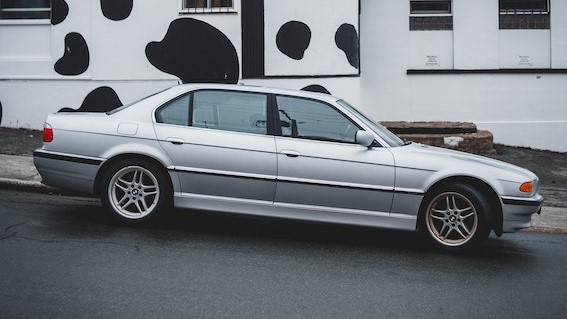Top Questions Asked About Breast Cancer in Young Women

Photo by Dương Nhân under Pexels License
Know Your Genetic Risks of Developing this Disease
Breast cancer usually affects middle-aged women. However, 5% of breast cancer cases in the United States involve women who are younger than 40 years old. In most cases, these women have mutated BRCA1 or BRCA2 genes, which primarily influence the development of this disease.
If you’re a young woman who’s concerned about your genetic risks of developing breast cancer, the best thing you can do is to get your facts straight about how this type of cancer affects women in your age group. To give you a head start, here are the answers to the top questions asked about this issue.
1. Has the incidence of breast cancer increased for younger women?
Yes, it has. According to a study that was published in 2013, there was a rise in the number of women between the ages of 25 and 39 who were diagnosed with advanced breast cancer within three decades.
2. Is breast cancer more aggressive in younger women?
Based on statistical data, breast cancer is more aggressive in young women who are genetically predisposed to the disease. This can be attributed to the fact that younger women don’t usually get screened for breast cancer because they don’t belong to the age group where mammograms are recommended.
For this reason, younger women usually receive their breast cancer diagnosis when the breast lump is already large enough to be identified via an exam. Since this cancer is much larger than cancer that’s detected through mammography, the stage of this cancer is also much more advanced during the time of its discovery.
3. What risk factors for breast cancer should younger women watch out for?
Regardless of age, all women share similar risk factors for breast cancer. These risk factors include having a family history of breast cancer, colon cancer, endometrial cancer, ovarian cancer, and prostate cancer that involved a first-degree relative. Other factors include genetic defects such as a BRCA1 or BRCA2 mutation and a personal history of noncancerous breast disease or breast cancer. Obesity, high intake of red meat, and heavy alcohol use may also increase the likelihood of a younger woman developing advanced breast cancer.
4. What are the steps that younger women have to take to avoid getting breast cancer?
Younger women can reduce their chances of developing breast cancer by not smoking, drinking alcohol moderately, watching their weight, performing breast self-exams, and undergoing regular breast exams every three years after they reach the age of 20.
5. What do younger women with breast cancer need to know?
Young women who’ve been diagnosed with breast cancer must receive treatment from qualified medical professionals who are knowledgeable and experienced in dealing with the usual concerns that younger women with breast cancer have. Since early menopause is one of the potential side effects of breast cancer treatment, they should also receive expert advice on coping.
Furthermore, their health care provider must explain to them the impact their treatment may have on their fertility, as well as the options and possibilities of preserving their fertility. They must also receive detailed information about how some breast cancer treatments can affect their bone health and how these effects can be mitigated.
Donate a Vehicle to Fight Breast Cancer
If you want to extend a helping hand to financially struggling breast cancer patients in your area, all you have to do is to donate any type of vehicle to us at Breast Cancer Car Donations. We’ll auction off your donated vehicle to raise funds for the life-saving programs of the IRS-approved 501(c)3 nonprofit organizations that we are in partnership with. These nonprofits use the funds they get from us to deliver a range of breast health services to their uninsured and underprivileged beneficiaries. These services include breast cancer treatment, prevention, screening, and diagnosis, as well as follow-up care and counseling programs.
In exchange for your generosity, we’ll have your car picked up and towed for free wherever you’re located in the United States. You will also be entitled to claim a hefty tax deduction in the next tax season.
More importantly, your act of charity will allow you to experience the priceless joy and satisfaction of doing something that can help save lives.
To get to know our quick and hassle-free donation process and other information about our vehicle donation program, check out our FAQs page. Should you have any inquiries, feel free to contact us at 866-540-5069. You may also send us a message here. We’ll respond to you as soon as we can.
Turn Your Old Car into a Lifesaving Tool Today!

Photo by Erik Mclean under Pexels License
Are you ready to retire your old and unwanted car and give it a most meaningful send-off? Use it to save lives today! Donate it to Breast Cancer Car Donations by calling 866-540-5069 or filling out our online donation form now!
Last Updated: March 10th, 2023
